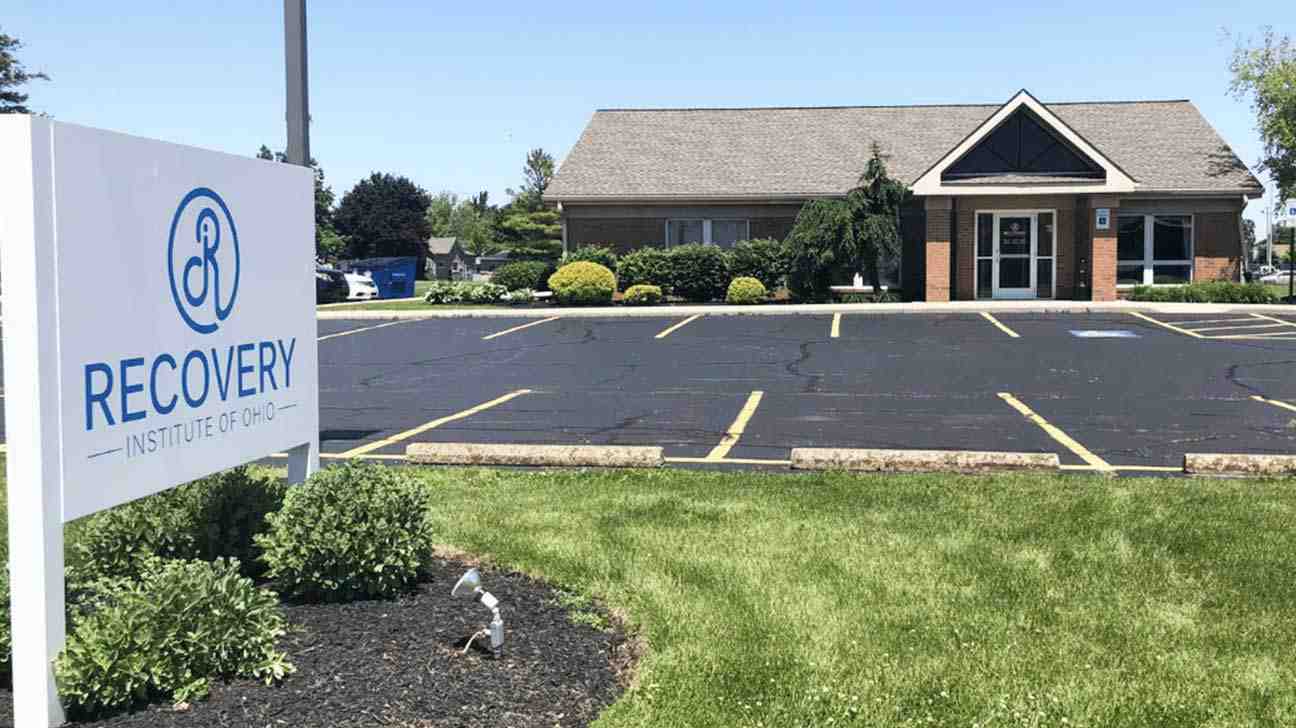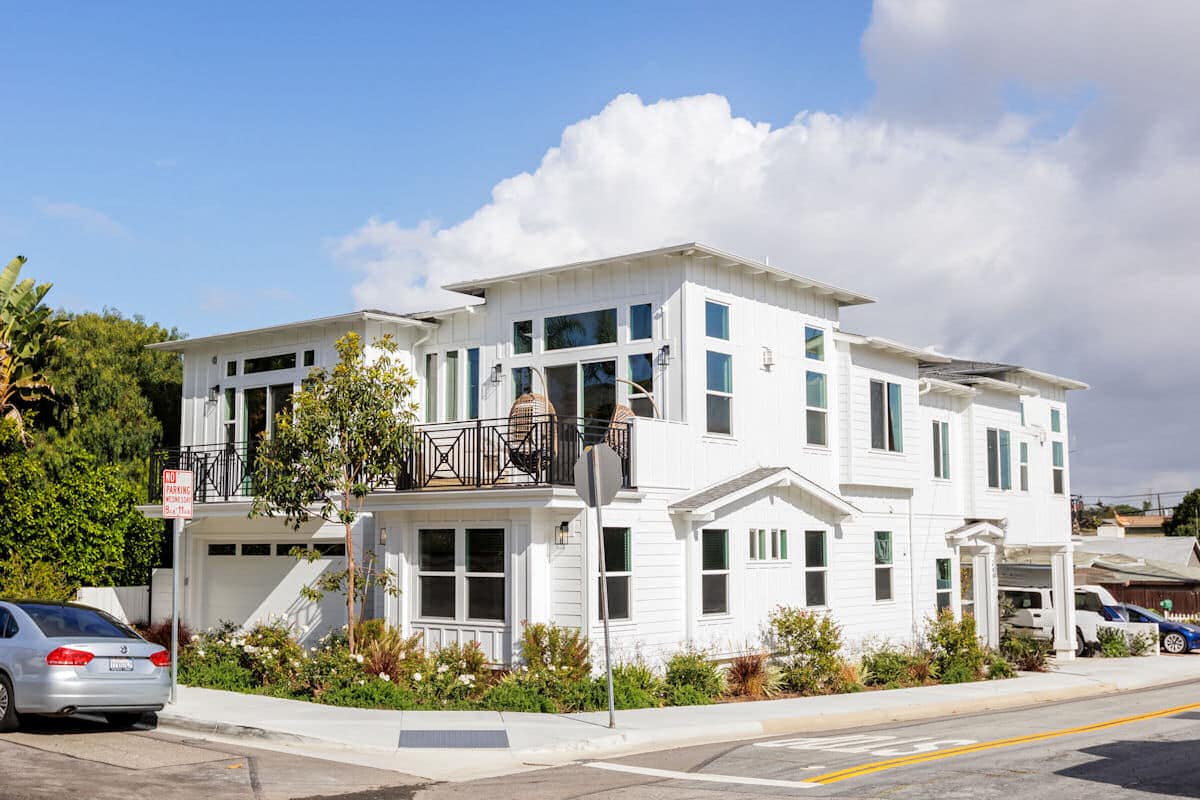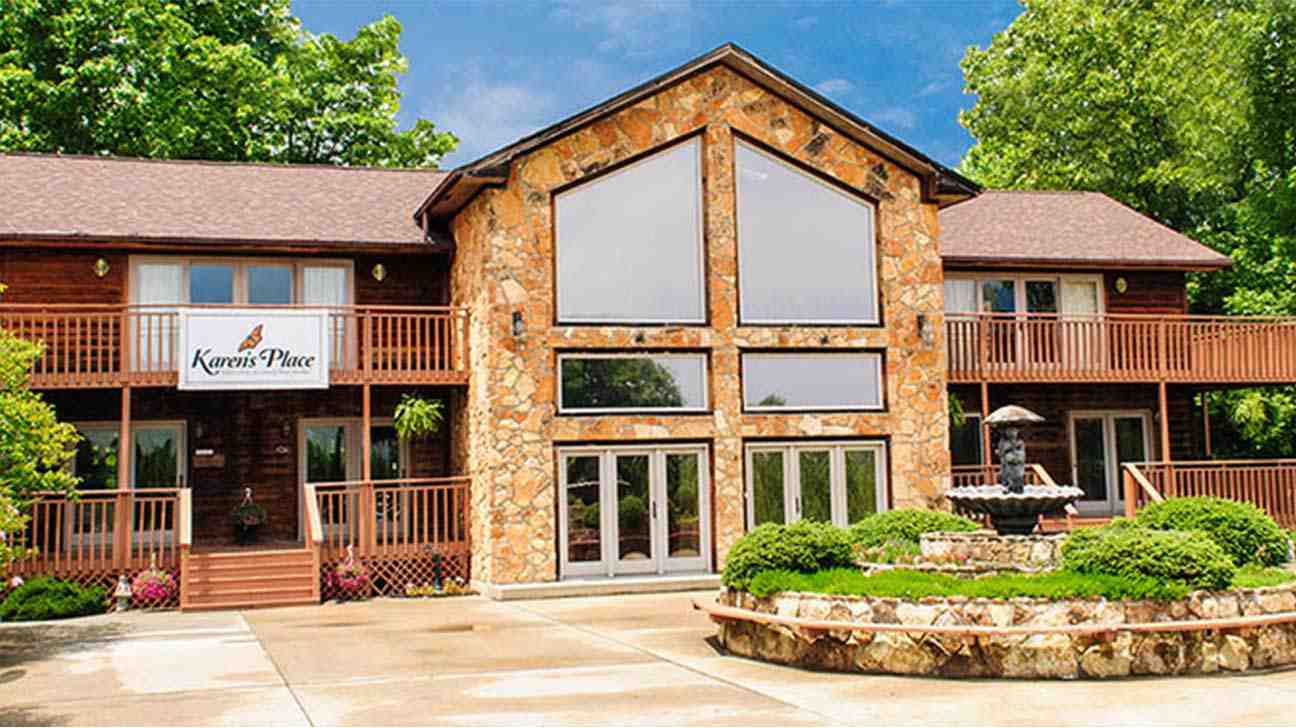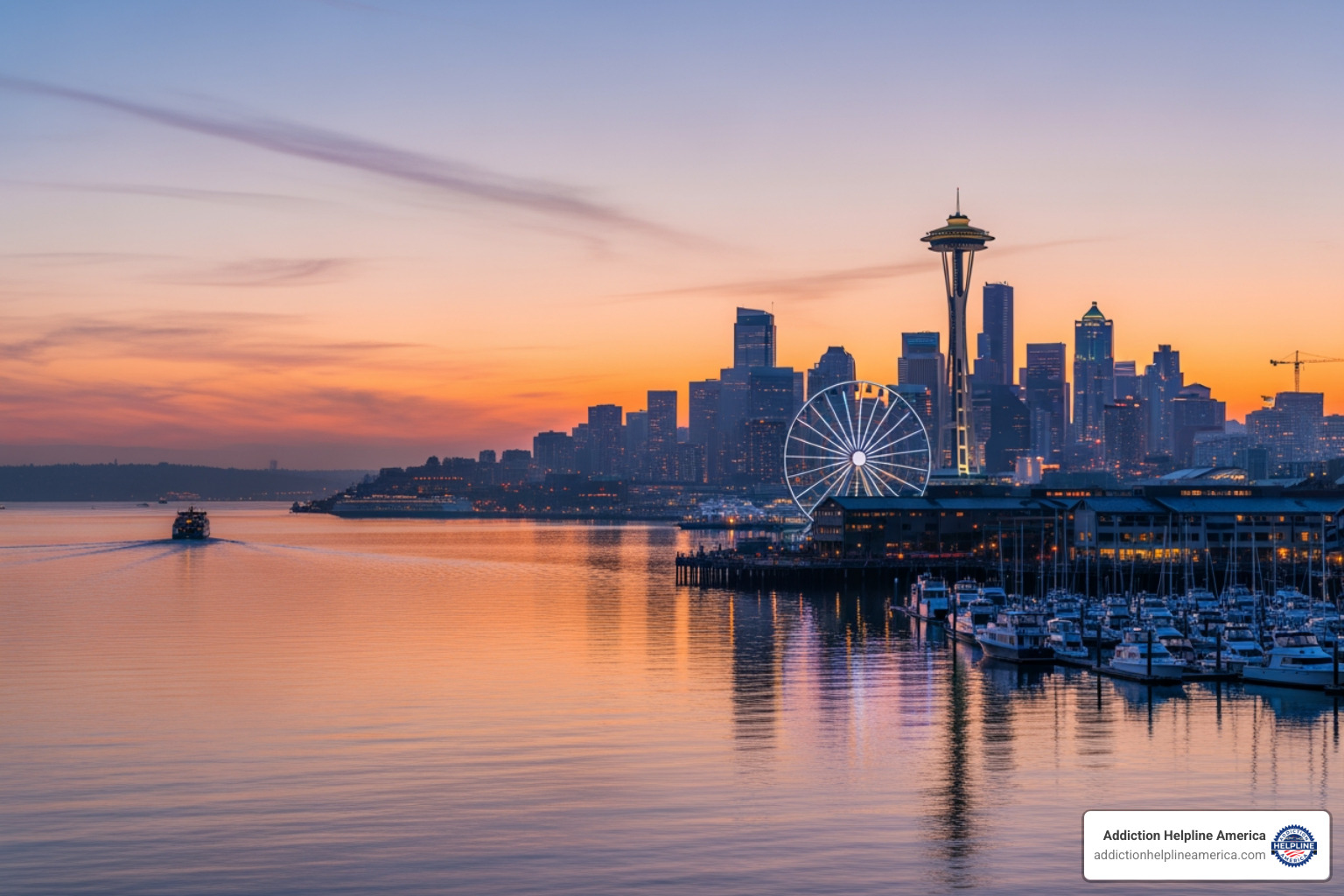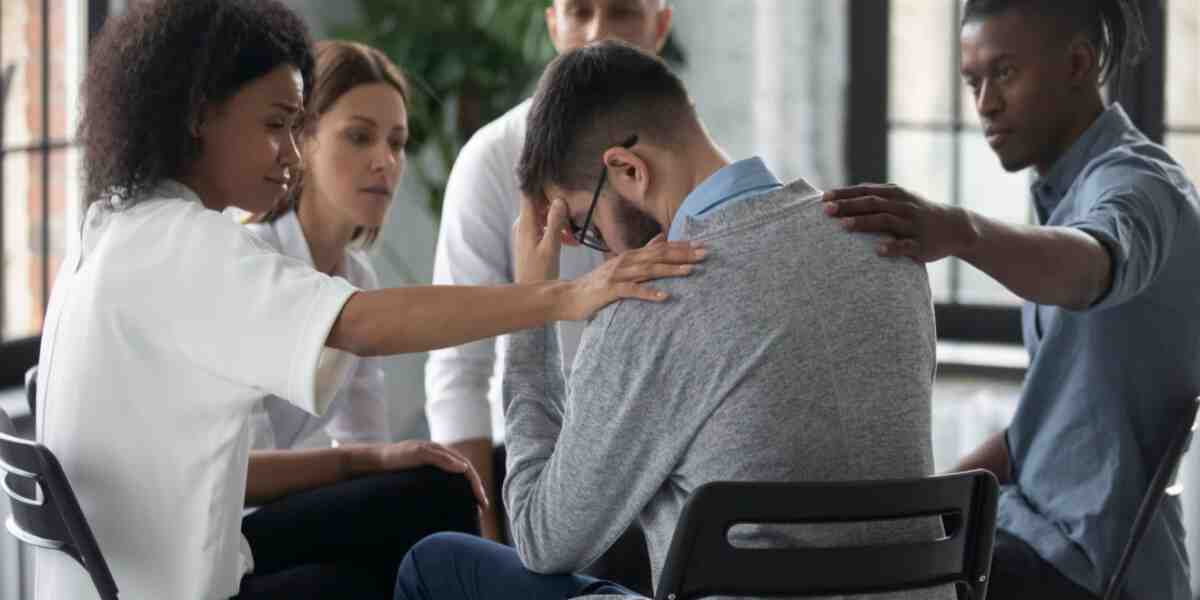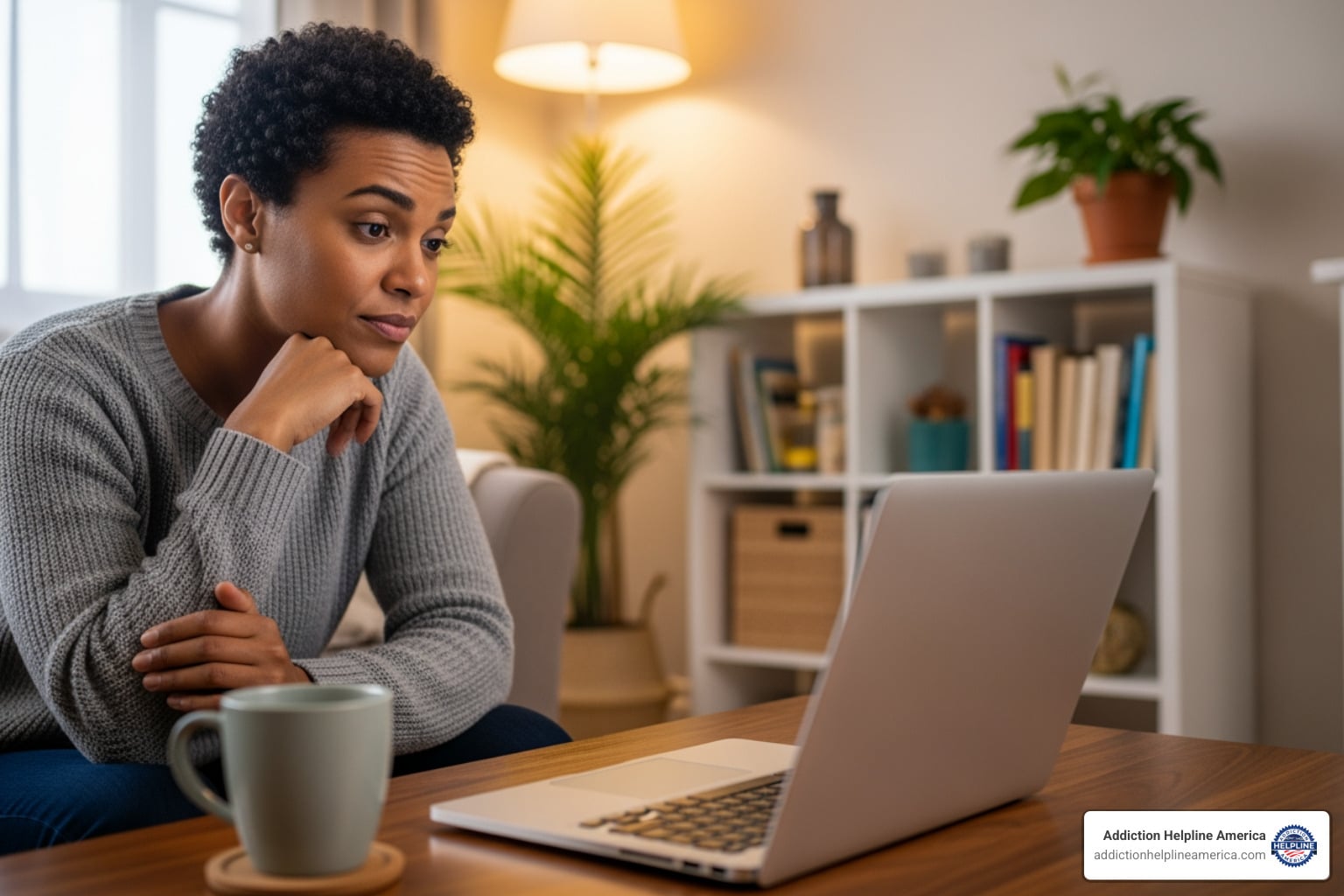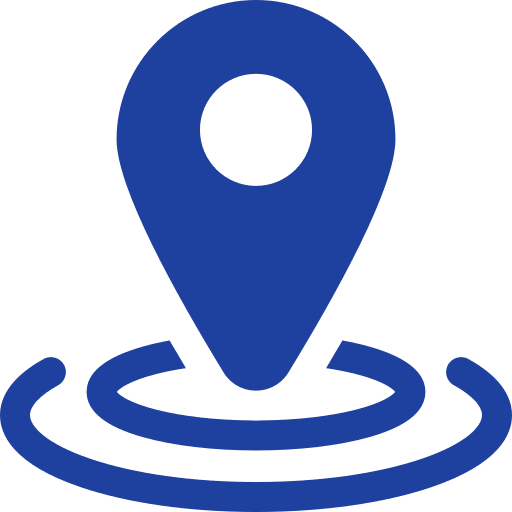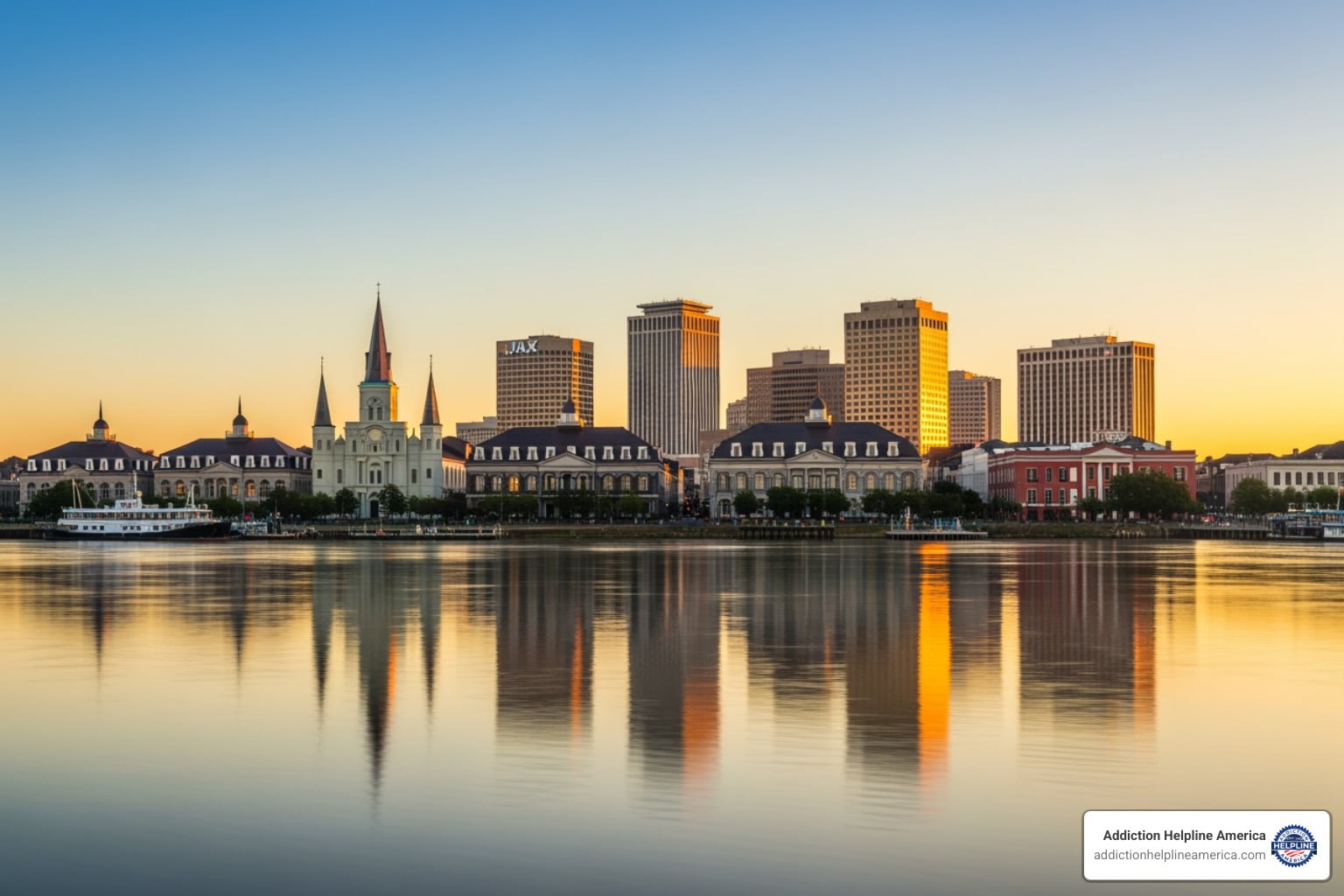
Finding Hope: Your Guide to No-Cost Addiction Treatment in New Orleans
Free rehab in New Orleans is available through multiple pathways, even if you have no income or insurance. Your main options include:
- State-funded programs providing no-cost treatment to those without income
- Non-profit residential facilities offering long-term care for the uninsured
- Community health centers with addiction therapy programs
- VA medical centers providing free services for veterans
- Medicaid/Medicare programs covering treatment for eligible residents
Outpatient rehab in New Orleans can cost up to $10,000, and inpatient treatment can reach $50,000 or more. For many, these costs feel impossible. But what matters most is that you don’t need money to start recovery in New Orleans.
State-funded rehabs are paid for by tax dollars and federal grants like the Substance Abuse Prevention and Treatment Block Grant (SABG). If you have no income, treatment is completely free. Non-profits like Bridge House and Grace House have served the community for over 65 years, treating hundreds annually who have nowhere else to turn.
Priority admission is often given to pregnant women and other disadvantaged populations. You’ll typically need basic documentation like an ID and proof of income (or lack thereof), but financial barriers won’t prevent you from getting help.
At Addiction Helpline America, we guide people through the process of accessing free rehab in New Orleans. We understand that navigating treatment options is overwhelming, and we’re here to simplify the path forward.
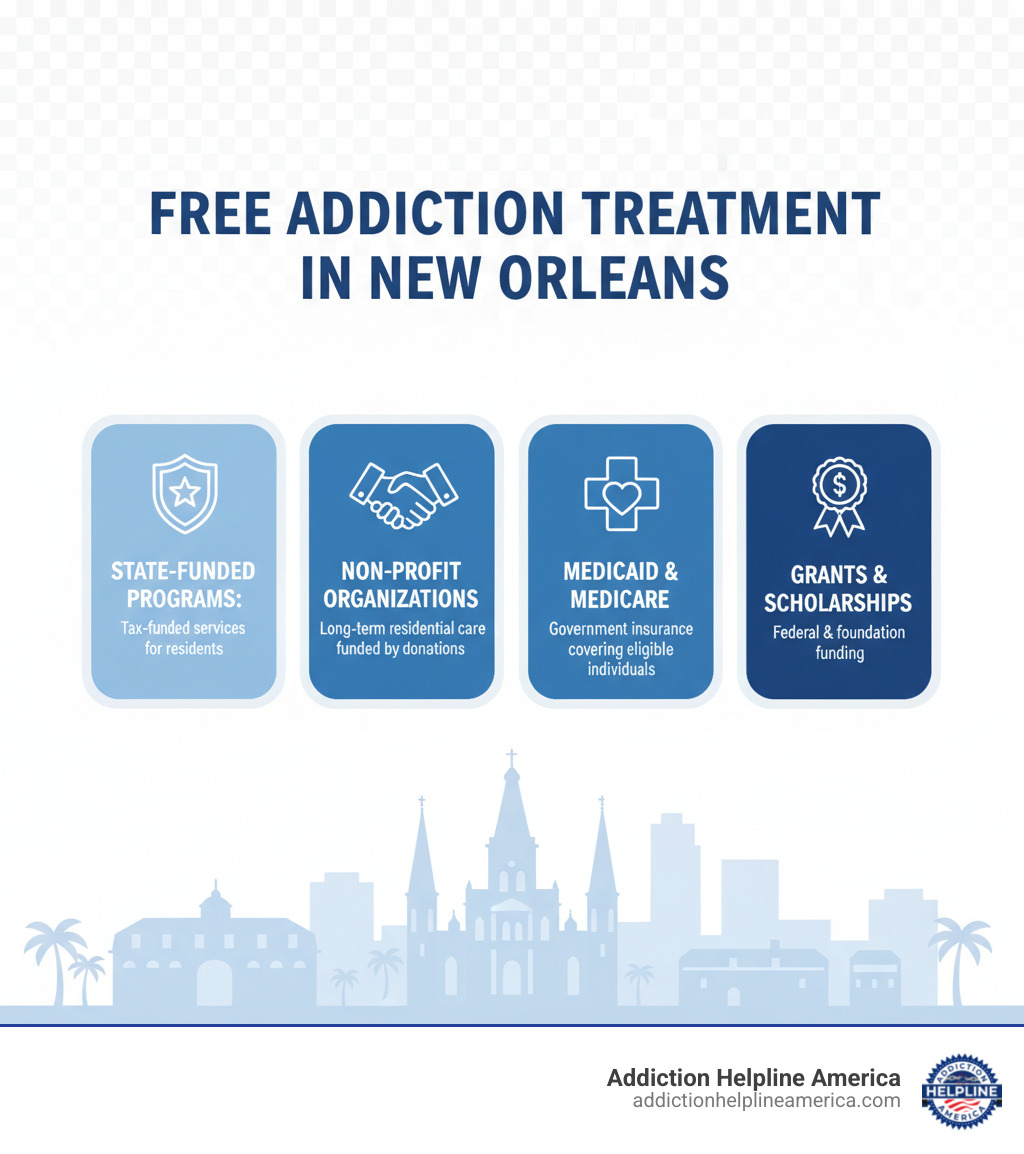
Understanding Rehab Costs and How Free Treatment is Funded
The price for rehab in New Orleans varies depending on the type of treatment. Costs are influenced by the length of stay, amenities, and specialized services offered.
Inpatient programs, where you live at the facility for 24/7 care, typically run between $5,000 and $50,000. Outpatient programs cost less, from $1,000 to $10,000, as you live at home and attend scheduled treatment sessions.
| Treatment Type | Average Cost Range | What’s Included |
|---|---|---|
| Inpatient Rehab | $5,000 – $50,000 | 24/7 care, housing, meals, medical supervision, therapy, structured activities |
| Outpatient Rehab | $1,000 – $10,000 | Scheduled therapy sessions, group counseling, flexible scheduling, live at home |
Fortunately, insurance can cover a significant portion of these costs. The Mental Health Parity and Addiction Equity Act requires most health insurance plans, including private insurance, Medicaid, Medicare, or TRICARE, to cover substance use disorder treatment.
But what if you don’t have insurance? That’s where free rehab in New Orleans becomes a reality.
State-funded programs operate on tax dollars and federal grants, particularly the Substance Abuse Prevention and Treatment Block Grant (SABG) from SAMHSA. This grant funnels millions of dollars into Louisiana’s recovery services. If you have no income, state-funded treatment is completely free. If you have some income, you may pay on a sliding-scale basis, meaning your fee is based on what you can afford.
Non-profit organizations like Bridge House and Grace House add another layer of support. They run on donations and grants, offering treatment to people regardless of their financial situation.
Call Now – Your Journey to Recovery Begins Today!
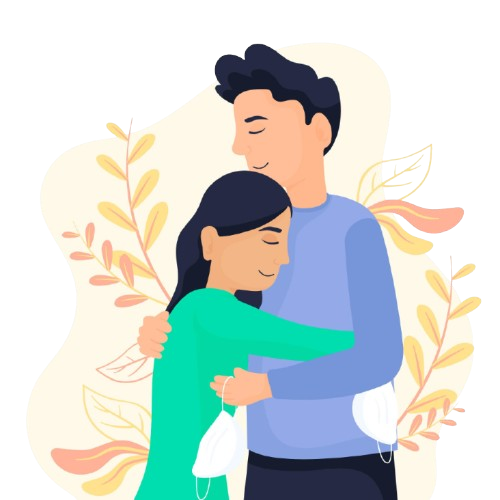
Take the first step towards a healthier life! Call now to connect with our compassionate team and start your recovery journey today. Your path to healing awaits!
Our recovery specialists are available 24/7 to provide support, and all calls are confidential and free. Reach out anytime – we’re here to help!
How to access state-funded services
Accessing a state-funded program primarily depends on financial need and Louisiana residency. You’ll need to provide proof of income (or lack thereof) and proof of residence, such as a utility bill or driver’s license.
Some groups receive priority placement due to higher risks. This includes pregnant women and people who inject drugs. Individuals who are homeless or uninsured also get special consideration.
If you are enrolled in Medicaid or Medicare, you have a direct pathway to free or low-cost treatment, as Louisiana Medicaid covers a range of substance use disorder services. You can Find help through Louisiana Medicaid to check your eligibility and apply online.
To access services, you can contact your local behavioral health authority or a state-funded facility directly. At Addiction Helpline America, we help steer this process, connecting you with facilities that have openings and clarifying paperwork requirements to expedite your entry into treatment.
5 Key Resources for Finding Free Rehab in New Orleans
Knowing where to turn can make all the difference. New Orleans has a strong network of support, and these five pathways represent your best options for accessing free rehab in New Orleans.
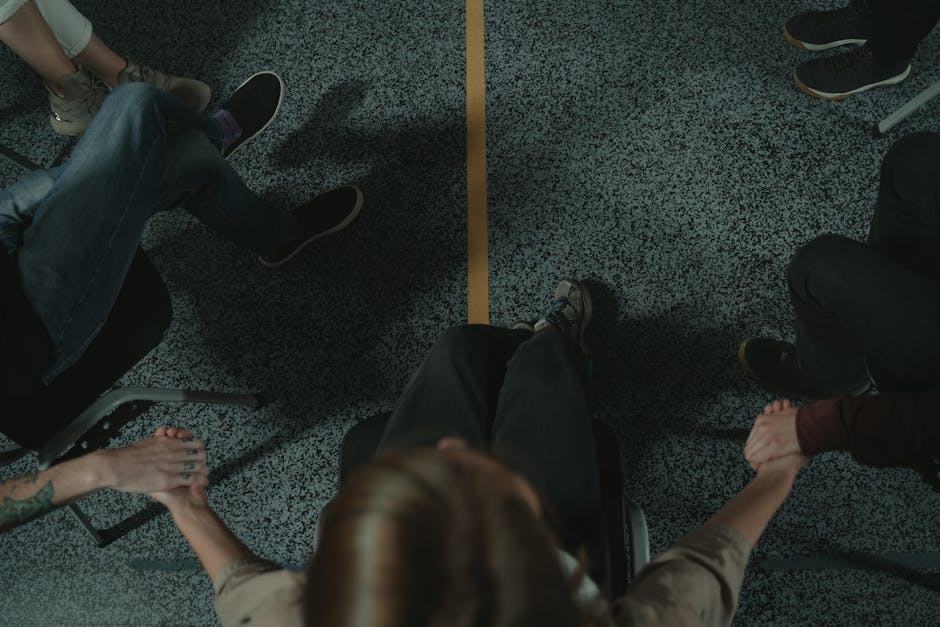
1. State and Local Government-Funded Services
Louisiana provides state and local government-funded treatment programs throughout New Orleans. These services ensure that addiction treatment is not limited by income.
The Metropolitan Human Services District (MHSD) is a primary resource for residents of Orleans, Plaquemines, and St. Bernard Parish who are uninsured or have Medicaid/Medicare. They offer community-based services for mental illness and addictive disorders. You can reach them at 504-568-3130 for guidance to local services.
At the state level, the Louisiana Department of Health – Office of Behavioral Health coordinates a comprehensive network of care, managing Substance Use and Addictive Disorders Services to ensure access to treatment programs and crisis counseling statewide.
Federal funding through programs like the Rural Communities Opioid Response Program (RCORP) also supports free screenings and addiction treatment at community-based health centers for uninsured and underserved populations.
2. Non-Profit Residential Programs
Non-profit residential programs are at the heart of free rehab in New Orleans, operating on the mission that no one should be denied treatment due to cost.
Bridge House and Grace House have served New Orleans for over 65 years. Bridge House serves men and Grace House serves women, both providing long-term residential care for individuals who are homeless, indigent, or uninsured. Their phased treatment model includes stabilization, primary, and transitional care. Grace House prioritizes pregnant women for admission. Both facilities also offer vocational training to help clients find employment. You can reach their Intake Department at 504-821-7120.
Odyssey House Louisiana is a non-profit offering a full continuum of care, from prevention to long-term support. Their services include inpatient and outpatient programs, medically supported detox, and a sobering center. Odyssey House also integrates housing and healthcare, with a Low Barrier Shelter for immediate, no-cost housing and a Community Health Center providing primary care regardless of ability to pay. You can learn more by calling 504-821-9211.
The Salvation Army Adult Rehabilitation Center – New Orleans offers a faith-based residential program for adult men, combining work therapy, counseling, and spiritual instruction to provide structure during recovery.
3. Community Health Centers
Community health centers integrate addiction treatment with primary healthcare, recognizing that substance use is often intertwined with physical and mental health conditions.
CrescentCare is notable for its no wait time for their adult addiction therapy program for patients receiving primary care from them. They also provide specialized addiction treatment for LGBTQ+ individuals and women. This integrated model allows you to address physical and behavioral health in one place. Call them at 504-821-2601 to get started.
The Odyssey House Community Health Center extends the organization’s mission into primary care, serving low-income and underserved individuals regardless of their ability to pay. This ensures that clients in recovery can also manage other health issues.
4. Free and Low-Cost Programs for Veterans
Veterans deserve specialized care that understands their unique experiences with addiction and mental health.

The New Orleans VA Medical Center provides free mental health and substance abuse treatment to military veterans. Services include outpatient treatment, counseling, and medication management, addressing co-occurring conditions like PTSD, anxiety, and depression. The care is confidential and designed for veterans. You can reach them at 800-935-8387.
The Louisiana Department of Veterans Affairs acts as a connector, ensuring veterans can access the full range of services available through the VA and community partners.
For veterans in immediate crisis, the Veterans Crisis Line is available 24/7 at 1-800-273-8255 (Press 1). This service provides confidential support and can connect you to immediate care.
Call Now – Your Journey to Recovery Begins Today!

Take the first step towards a healthier life! Call now to connect with our compassionate team and start your recovery journey today. Your path to healing awaits!
Our recovery specialists are available 24/7 to provide support, and all calls are confidential and free. Reach out anytime – we’re here to help!
5. Support and Harm Reduction Services
Before you are ready for full treatment, information, referrals, and immediate support are available through various services.
The Louisiana Department of Health’s Office of Behavioral Health sponsors crisis counseling programs, offering support and education through local clinicians.
NAMI New Orleans and NAMI Louisiana (the National Alliance on Mental Illness) provide support, education, and advocacy for individuals and families affected by mental illness and substance use issues through local programs and support groups.
Harm reduction services save lives by keeping people safe until they are ready for treatment.
- NEXT Distro Louisiana mails naloxone (Narcan) anywhere in the state, free of charge, and provides information on the Good Samaritan Law.
- The City of New Orleans Syringe Access Programs provide syringe exchange, naloxone kits, and overdose prevention education to reduce the spread of infectious diseases.
- TRYSTEREO in New Orleans offers a range of harm reduction services, including fresh syringes, wound care, naloxone, and referrals to treatment in a non-judgmental environment.
How to Qualify and What to Do if You Face a Waitlist
Taking the first step toward free rehab in New Orleans is courageous. At Addiction Helpline America, we help you prepare and stay informed throughout the process.

What documentation is needed for free rehab in New Orleans?
Most facilities keep paperwork simple to avoid creating barriers. The goal is to verify your identity, residency, and financial situation. You will typically need:
- Proof of Louisiana residency (e.g., utility bill, lease agreement)
- Photo ID (e.g., driver’s license, state ID card)
- Social Security card or number
- Proof of income or lack of income (e.g., pay stubs, tax returns, unemployment statements, or a letter from a shelter)
- Insurance card (if you have one)
Pro-tip: Call the facility beforehand to confirm exactly what documents they require. This can save you time and stress.
What are the next steps if you can’t find a free rehab in New Orleans?
If you encounter a waitlist or a program isn’t the right fit, you still have options. It’s time to explore the wider landscape of support.
Expanding your search beyond New Orleans can open up new possibilities in cities like Baton Rouge, Lafayette, and Metairie, which have their own networks of state-funded and non-profit facilities. Some treatment centers even offer free transportation from surrounding areas, removing that barrier entirely.
Financial assistance may be available through scholarships or grants. The Substance Abuse Prevention and Treatment Block Grant (SABG) provides federal funds to states for this purpose. Always ask facilities about scholarships, grants, or other financial aid during your initial call.
Payment plans and sliding-scale fees make treatment accessible even when it’s not completely free. Many centers adjust costs based on your income or offer manageable monthly installments.
While waiting for a treatment slot, harm reduction services keep you safer. Organizations like NEXT Distro Louisiana will mail naloxone (Narcan) directly to you. The City of New Orleans Syringe Access Programs provide sterile supplies and overdose prevention education. These services are about staying alive and healthy until you can access comprehensive treatment.
Connection and support are available now. Continuously check with facilities for newly available slots. Join local support groups like Alcoholics Anonymous or Narcotics Anonymous in New Orleans. These free meetings provide a community of people who understand what you’re going through and can sustain you during difficult waiting periods.
Call Now – Your Journey to Recovery Begins Today!

Take the first step towards a healthier life! Call now to connect with our compassionate team and start your recovery journey today. Your path to healing awaits!
Our recovery specialists are available 24/7 to provide support, and all calls are confidential and free. Reach out anytime – we’re here to help!
Frequently Asked Questions about Free Rehab in New Orleans
It’s natural to have questions when searching for free rehab in New Orleans. Here are answers to the most common concerns we hear at Addiction Helpline America.
What services are typically offered at free rehab centers?
Free rehab centers provide comprehensive clinical services, even if they have fewer luxury amenities. Core services often include:
- Detoxification: Medically supervised withdrawal management, either on-site or through a referral.
- Inpatient/Residential Care: A structured, 24/7 substance-free living environment.
- Intensive Outpatient Programs (IOP): Structured therapy several times a week while you live at home.
- Individual and Group Counseling: One-on-one therapy to address root causes and group sessions for peer support.
- Family Therapy: Sessions to repair relationships and build a strong support system.
- Relapse Prevention: Education to identify triggers and develop coping strategies.
- Peer Support: Connection to groups like Alcoholics Anonymous (AA) or Narcotics Anonymous (NA).
- Life Skills and Vocational Training: Many programs help you rebuild your life with practical skills for employment and independent living.
Are there specific programs for pregnant women or other priority groups?
Yes. State-funded and non-profit programs recognize that certain populations face higher risks and require immediate intervention. Priority is often given to:
- Pregnant women: To protect the health of both mother and baby.
- Individuals who inject drugs: Due to the heightened risk of infectious diseases like HIV and Hepatitis C.
- Disadvantaged populations: Including those experiencing homelessness or who are uninsured.
- Veterans: Dedicated programs are available through the VA to address the unique challenges of military service.
- LGBTQ+ individuals: Some centers offer specialized care that is sensitive to the needs of the LGBTQ+ community.
If you are eligible for Medicaid or Medicare, these programs will often cover the full cost of treatment at participating facilities.
What are the benefits of choosing a local New Orleans rehab?
While traveling for treatment can be effective for some, there are powerful advantages to choosing a free rehab in New Orleans if you live locally.
- Community and Family Support: Staying local allows you to lean on your existing support network of family and friends. It also makes it easier for loved ones to participate in family therapy.
- Familiar Environment: Recovering in your own city reduces the stress of adapting to a new place, allowing you to focus your energy on healing.
- Smoother Transition to Aftercare: A local rehab can seamlessly connect you to aftercare resources in New Orleans. Your treatment team will have established relationships with local sober living homes, support groups, and job placement services, providing you with a concrete plan for continuing care in your own community.
Your Path to Recovery in New Orleans Starts Here
Recovery from addiction is possible, regardless of your financial situation. Free rehab in New Orleans exists because this community believes everyone deserves a chance at a healthier life. New Orleans has a deep network of support, from long-standing non-profits to government services. These lifelines are operated by people who believe treatment should be accessible to all.
Taking the first step is often the hardest part. You don’t have to figure out which program is right, whether you qualify, or how to steer the system alone.
At Addiction Helpline America, we provide free, confidential guidance to connect you with addiction and mental health treatment centers that match your specific situation. We simplify the search and connect you to the right help from our vast network of providers across Louisiana and nationwide.
Your recovery story is waiting to begin. The resources are here, the community is ready, and the path forward is clearer than you might think.
Find alcohol and drug addiction treatment in New Orleans, Louisiana and let us help you take that crucial first step today. Recovery starts with a single phone call, and we’re here to answer.
Our helpline is 100%
free & confidential
If you or someone you care about is struggling with drug or alcohol addiction, we can help you explore your recovery options. Don’t face this challenge alone—seek support from us.
Programs
Resources
Will my insurance
cover addiction
treatment?
We're ready to help
Find the best
drug or alcohol treatment
center
Are you or a loved one struggling with addiction? Call today to speak to a treatment expert.





